Congratulations on your decision to go camping. Whether heading to the relative comfort of a campground or planning a trek into the wild, preparation is everything. And once you get there fully prepared, getting back to nature is the whole purpose of the trip. From saving time unpacking to trying nature’s produce and getting in touch with the land, these tips will help make your journey more entertaining, memorable and enriching.
THE BASICS
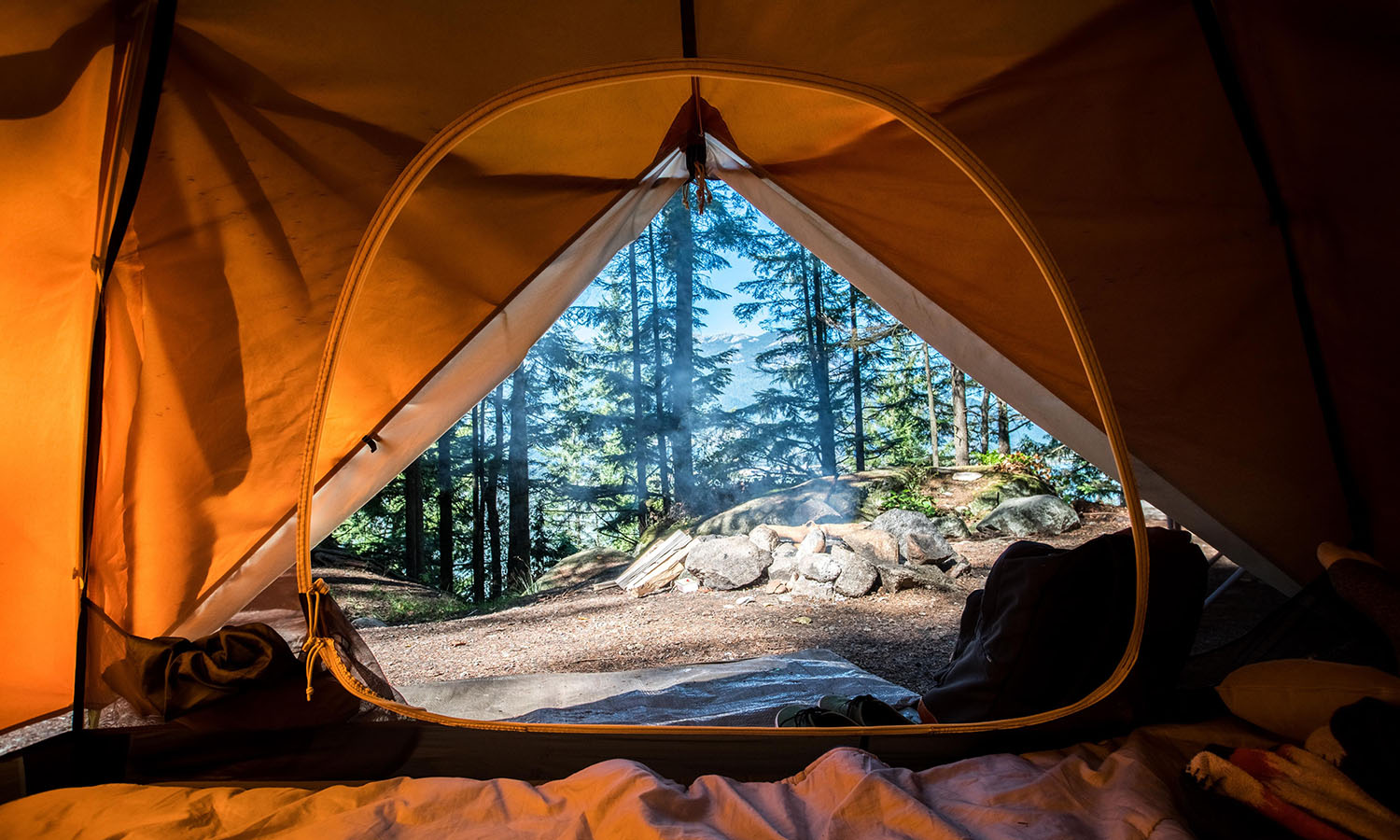
Plan Your Trip
Whether you’re new to the concept or an expert sleeping outdoors, every camping trip requires some planning. Whatever camping shelter you pick, be it a tent, a van or a yurt, make sure it’s comfortable and safe, taking into consideration the eating, sleeping and lounging needs of every camper in your cohort. Also, check with the local regulations in case you need to consider dangerous animal habitats and weather factors.
Regarding packing, keep it light and make it structured. Pack for easy unpacking by organising according to what you’ll need when. For example, use labelled bins to know what goes into the tent and what stays outside. Also, use checklists to bring exactly what you’ll need, from the basics to some other cool camper gadgets, and leave everything else at home. Remember that what you unpack at the camping site, you’ll have to pack again when you leave, so the lighter it is, the better.
Build A Fire
Maintaining a campfire is fundamental to a positive camping experience, as you will be relying on it for warmth, boiled water and cooking. However, failure to manage your fire correctly could lead to danger, both for you and the local environment. The secret to a perfect, safe fire is, first, creating a fire bed on bare earth away from trees, bushes and plants to keep the fire contained. If your campsite has a designated area for fire, even better. For the wood, look for sticks that break easily, like fallen dry wood that also burns quicker, since wet wood might take too long and create a lot of smoke. And when you’re done with the fire, always put it out thoroughly and dispose of the ashes once cooled.
Know What You Eat
Like most of life’s greatest pleasures, camping is all about the food. There’s no excuse for eating badly, not even when you’re living outdoors. However, unless you know everything about foraging for food in the wild, you’ll be better off (and safer) bringing your own ingredients or relying on no-cook meals (just remember to keep your food well-stored, or you’ll have all sorts of animals crashing your camping party.)
If you do want to take advantage of nature’s produce, then read up. Prior to your trip, do some research on the plants and flowers that are common in the area you’re visiting. Once there, look for those plants and add edible ones to your meals. For example, you can forage for wild berries or nuts for your breakfast or grab some herbal leaves for your lunch stew. Just be careful and don’t eat anything unless you can truly identify it!
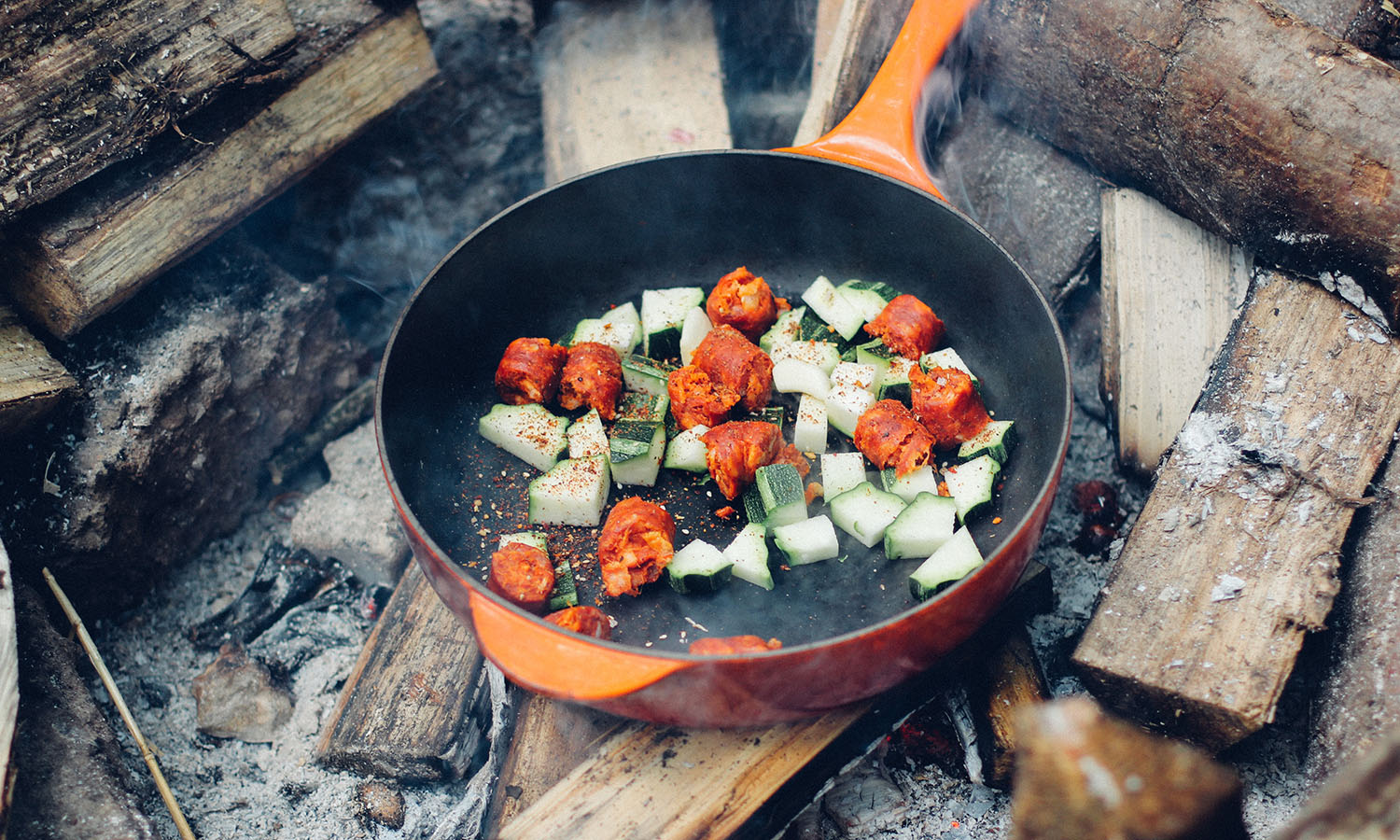
Purify Water
Water is one thing you should never skimp on – neither when it comes to amounts nor hygiene. Try to bring your water supply from home to make sure you’re drinking the safest, cleanest water and avoid getting sick during your trip. However, if you run out of drinkable water, you can turn to nature; just be sure to purify whatever comes from the stream. The age-old trick is to boil the water for five full minutes to kill all viruses and bacteria, but you can also bring chlorine or iodine tablets that are dropped directly into a bottle and make it safe to drink after an hour, or a compact filtering system that’ll do the job in seconds. If you can’t find a stream nearby, this solar helper experiment might come in handy and can turn into a great learning activity for the kids.
THE EXPERIENCE
Pick Your Adventure
Camping is not a one-size-fits-all kind of experience, and there are tons of ways to commune with nature, whether you’re an avid explorer or a lazy camper. As long as you respect your surroundings and don’t harm the wildlife, you and your crew can become one with nature by going bird- or animal-watching, collecting and cataloguing rocks, or searching for edible plants. If you’re more on the creative side, pack your art supplies and find a beautiful spot to sketch or make a sculpture out of rocks and pebbles. Sometimes, the most inspiring activities require no effort at all, like watching trees blowing in the breeze, floating on the water or stargazing.
Bring The Kids
Kids are already ahead of us when it comes to technology, and they’ve figured it out on their own. But one thing we can still teach them? Basic nature skills. If you’re taking kids on your camping trip, don’t worry too much about wrapping them in cotton wool. Camping is all about getting close to nature and developing a sense of self-sufficiency – especially for younger members of the family.
Put your faith in the kids and give them some special responsibilities, like putting them in charge of the water supply or teaching them map reading skills using a compass. This is your opportunity to teach them safety skills as well as responsibility and cooperation, and their opportunity to explore within their own boundaries, respect and understand nature, and enjoy the simplest things in life.
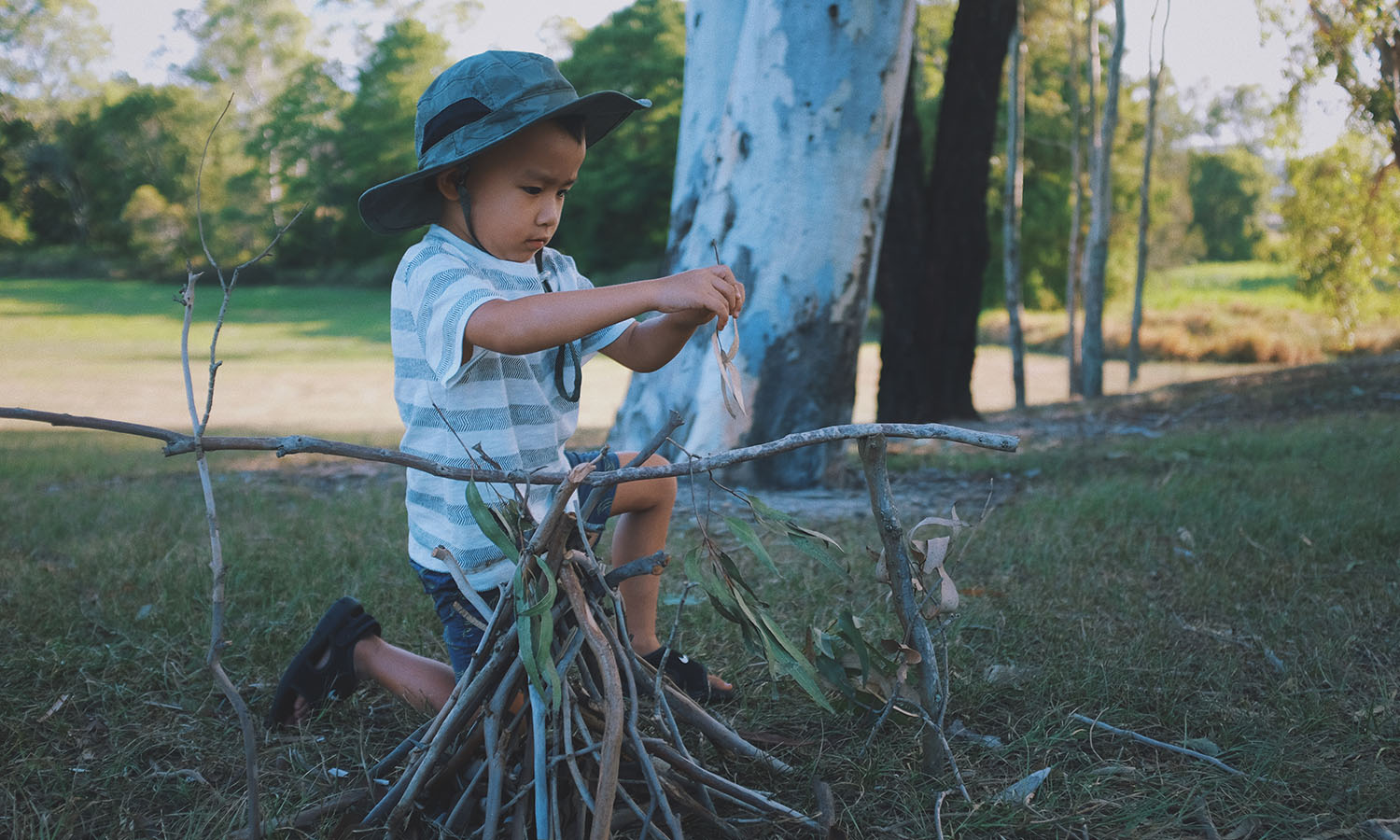
Reconnect
While physical activities are all a big part of camping and making the most out of the experience, there are some other practices you could implement to deeply recharge and connect with your surroundings and go back home with a complete mental reboot.
For starters, you could try earthing. Studies have found that reconnecting with the Earth’s electrical properties by simply walking barefoot in nature – a practice known as ‘earthing’ – can help reduce pain, elevate mood, increase energy and improve sleep quality.
If you want to reconnect with nature with your shoes on, another great practice is journaling. Climb a tree or sit by a lake and take a moment to think about where you are, what you’re doing and what nature is giving to you. You could write it down or take pictures of specific elements that have provoked a certain emotion. Just make sure you’re using your senses to absorb the entire experience.
One last thing to try are breathing exercises. We’re all familiar with the long list of benefits of deep breathing, but when it’s done in the wild, wide-open nature, the list keeps expanding. Use your full lung capacity to take in more oxygen, lower your heart rate and release any tension.
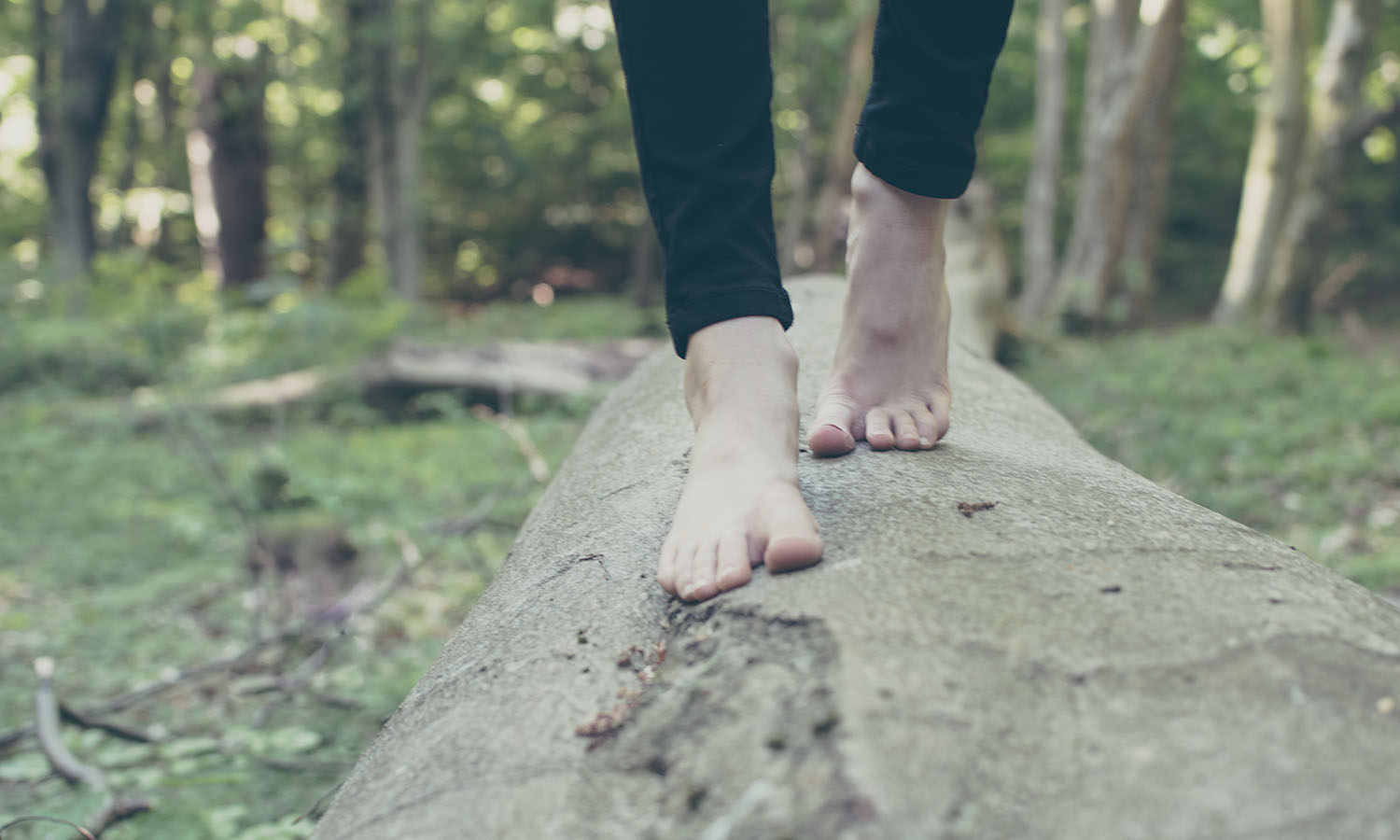
Give Back
While camping is a fun and healthy experience that allows us to profoundly reconnect with nature, nature needs to be taken care of, too. The best way to pay it forward is to take a leave-no-trace approach. Leave everything exactly as you found it – that is, put out the fire, throw away any garbage in designated areas, and leave the area clean and ready for the next campers.
A good way to minimise waste is to bring your snacks in reusable containers and use reusable water bottles. Also, watch where you camp – pitching your tent in the grass or on flowers can flatten vegetation and cause damage, so make sure you’re camping in an approved campsite or on flat, compacted soil instead.
Remember that nature is unpredictable, and your camping plans might have to go in a different direction at a moment’s notice, but that’s the whole idea anyway: camping is about embracing nature and rolling with it, so be sure to relax, unwind, enjoy it and, most importantly, bring lasting memories back home.

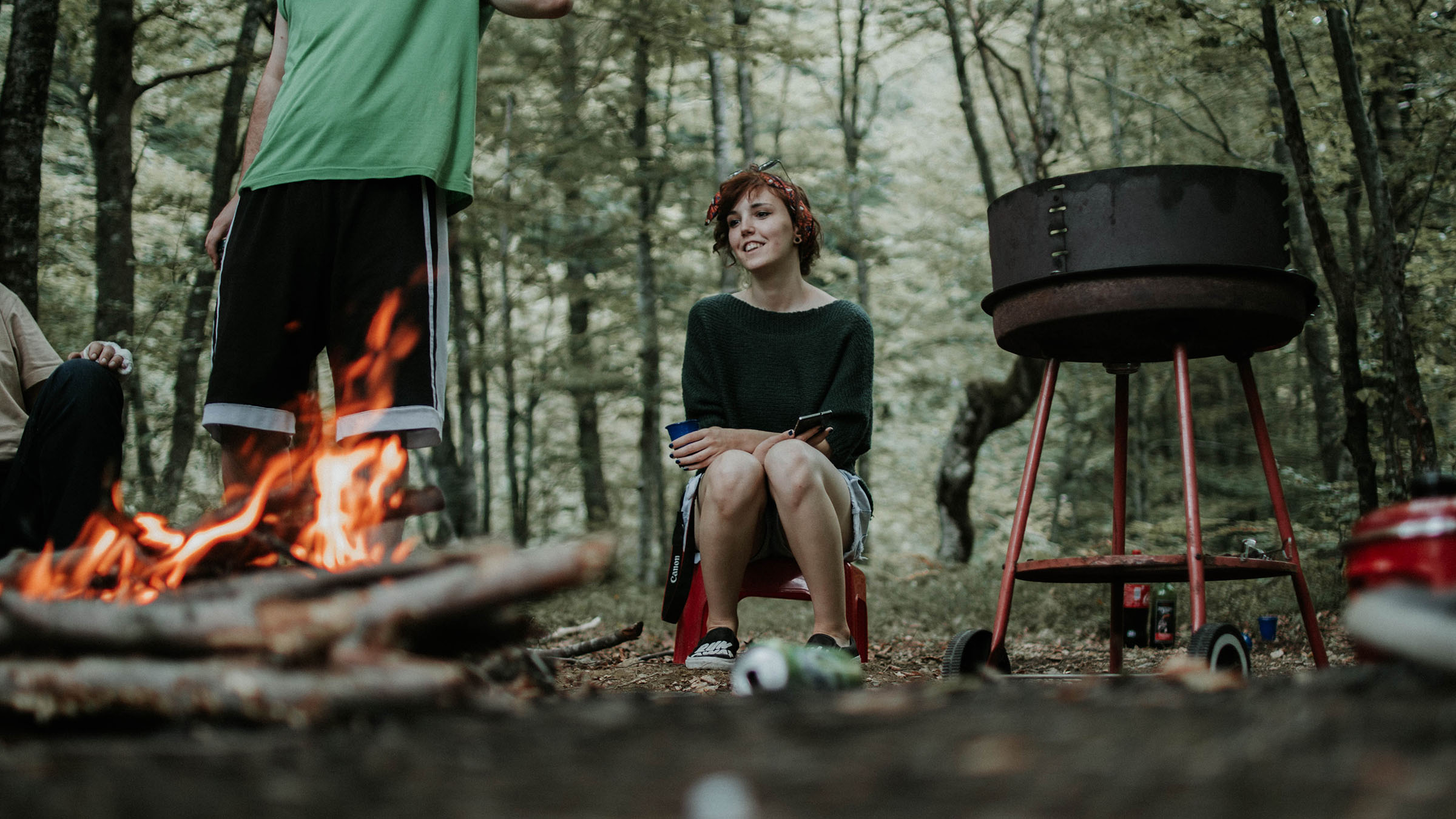


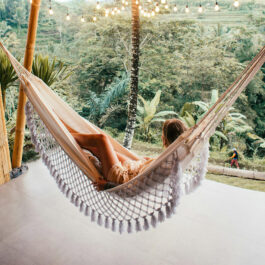
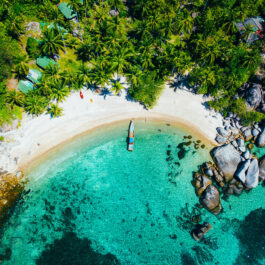

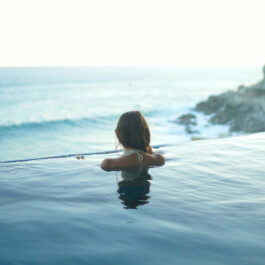



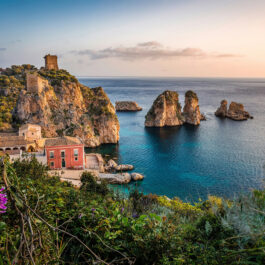

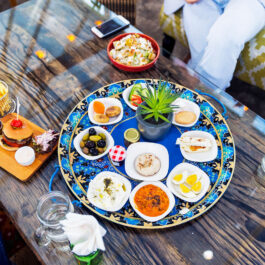
Sorry, the comment form is closed at this time.